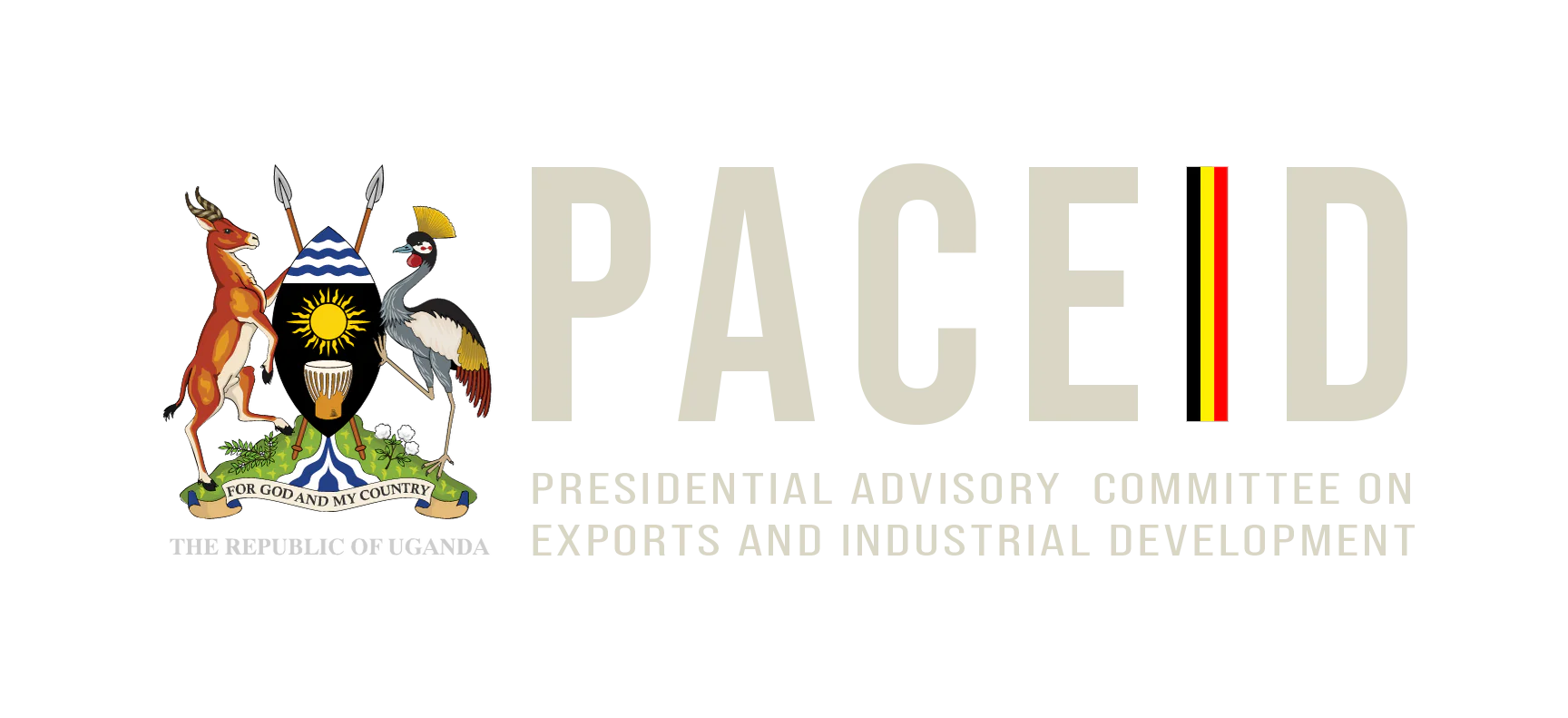A Ugandan delegation led by General Wilson Mbasu Mbadi, Minister of State for Trade, Industry, and Cooperatives, is in Serbia for the Joint Commission for Trade Cooperation session on Friday, October 25, 2024, in the City of Nis. This trade mission seeks to reactivate the trade agreement signed in 1963 between Uganda and Yugoslavia and actualize further agreements made by President Yoweri Museveni and his Serbian counterpart H.E. Aleksander Vucic last year in July including the Bilateral Air Services Agreement.
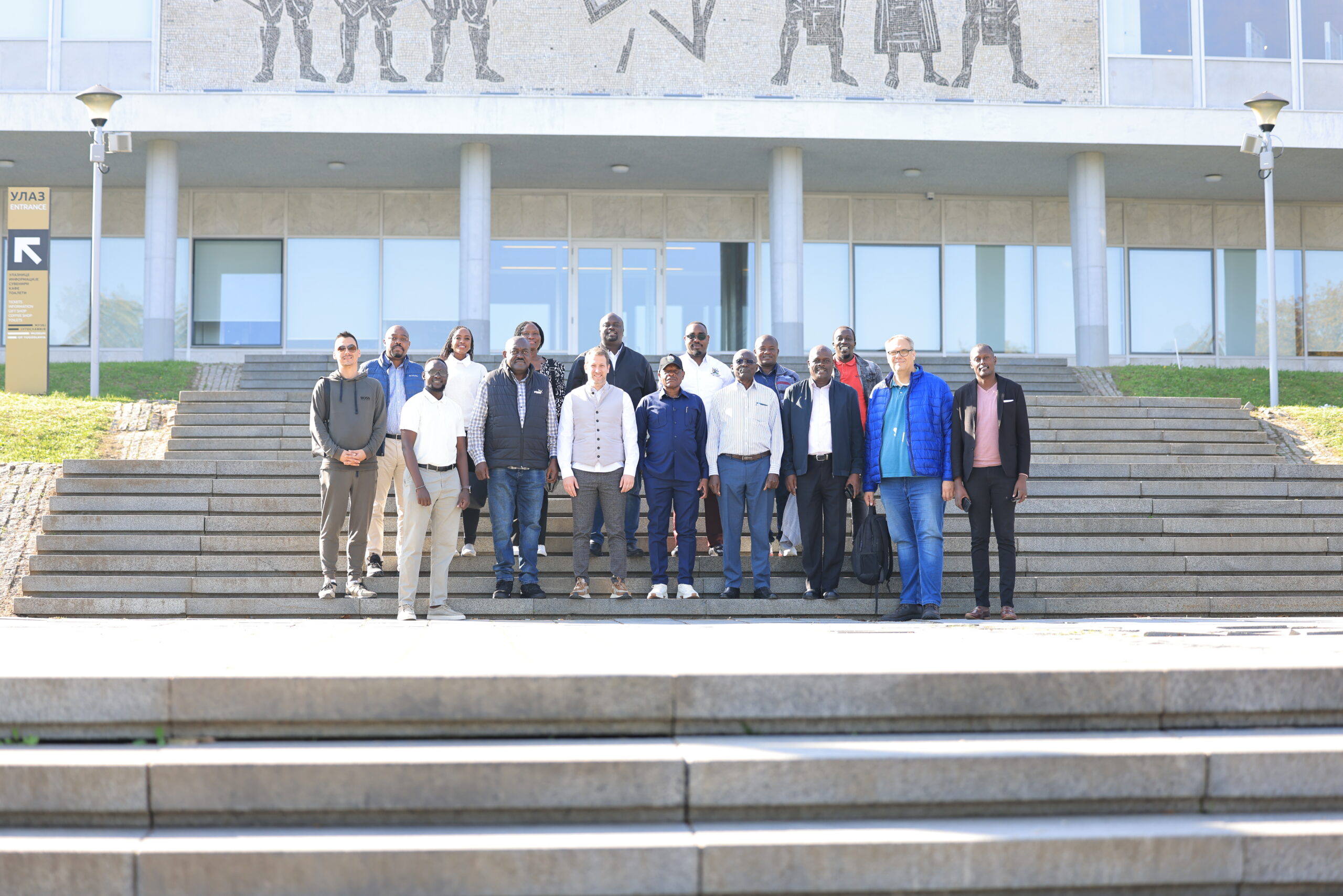
The Joint Commission is founded on the Trade Agreement between the Government of the Socialist Federative Republic of Yugoslavia and the Government of Uganda, signed in Entebbe in September 1963. As the successor of the former Yugoslavia, the Republic of Serbia continues to honor this agreement, which offers preferential tax treatment for Ugandan products.
The delegation is composed of officials from the Ministry of Trade, Industry and Cooperatives, Ministry of Foreign Affairs, Ministry of Works and Transport, Ministry of Agriculture, Animal Industry and Fisheries, State House Diaspora Affairs Unit, Uganda Exim Limited, Uganda Civil Aviation Authority, and Uganda Airlines.
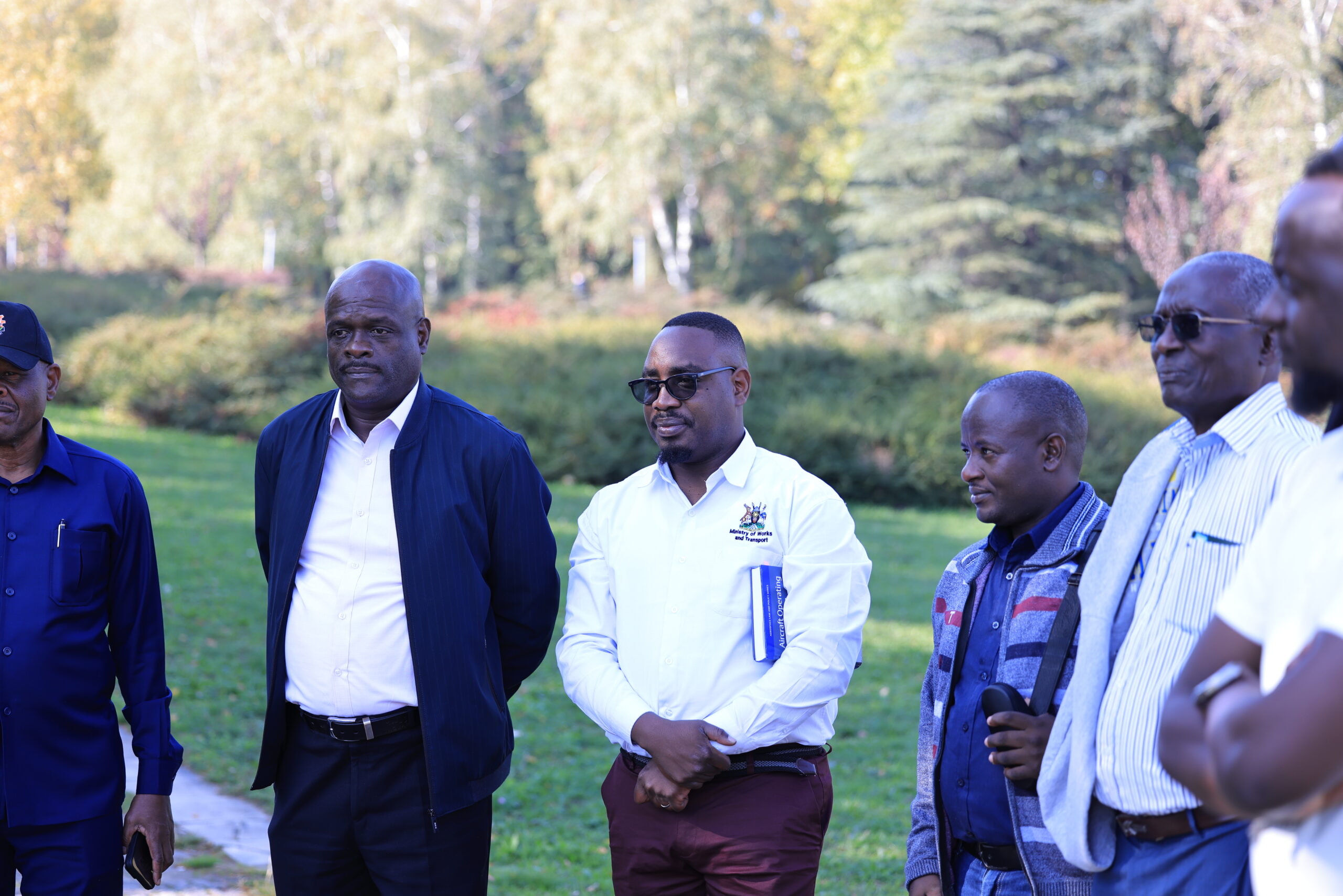
Upon arrival, the Ugandan delegation was received by Uganda’s Trade Representative in Serbia (Balkans), Bratislav Stoiljkovic before visiting the Uganda Connect Hub in Belgrade, a vibrant marketplace promoting and selling Ugandan products. They also had the opportunity to visit the Museum of Yugoslavia also known as the House of Flowers, which houses the resting place of former Yugoslavia President Josip Broz Tito, providing the team with insights into Serbia’s rich history and cultural heritage.
On Wednesday evening, the delegation was treated to a dinner by Uganda’s Bratislav and his team at the Uganda Connect Hub in Belgrade launched by President Museveni last year.
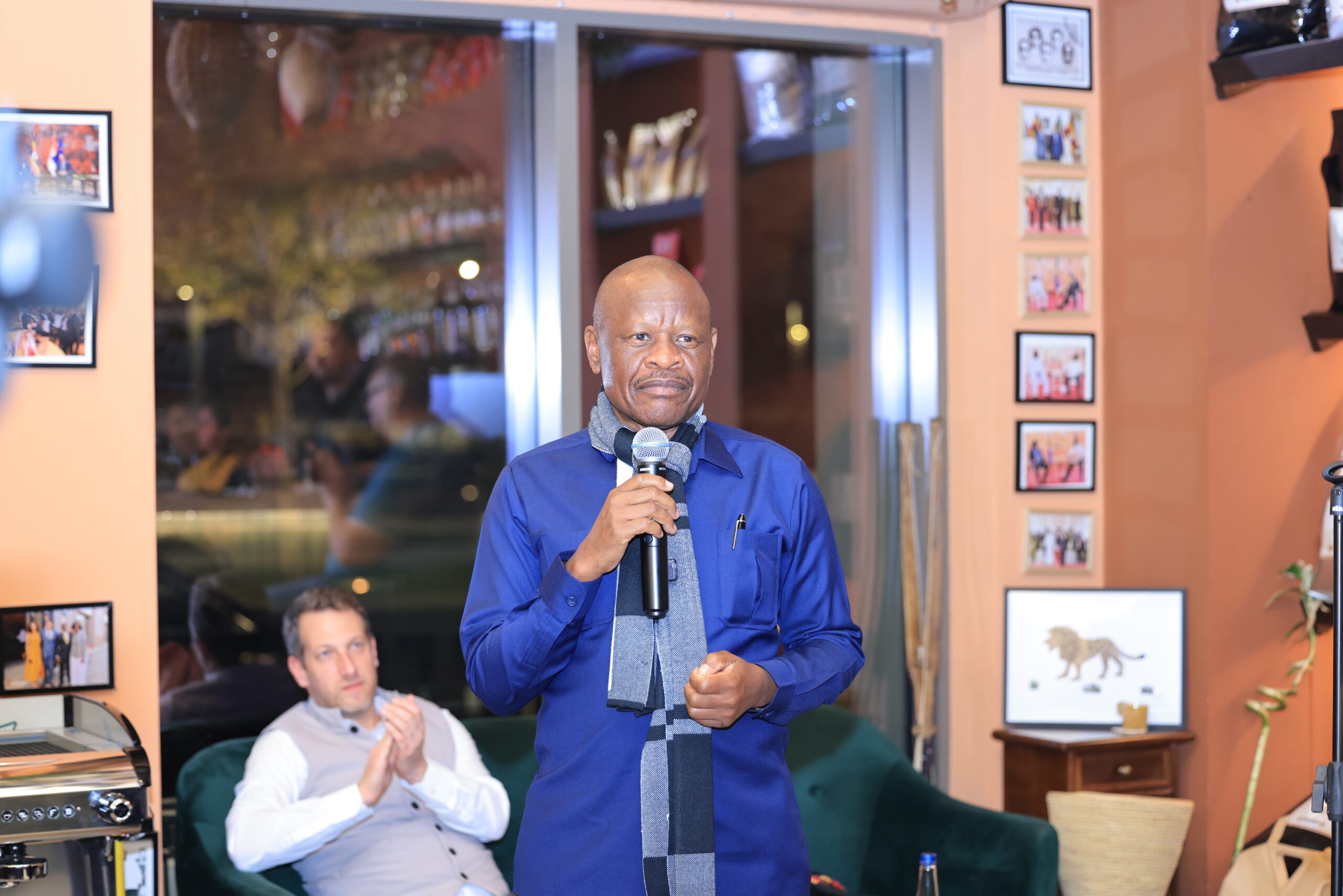
General Mbadi applauded Serbian citizens for their hospitality saying, “Serbian people are hospitable and welcoming just like Ugandans. Helping us sell what we have here is helping us to achieve economic independence back home. I am happy that we have people helping us to strengthen the economic instrument of power.”
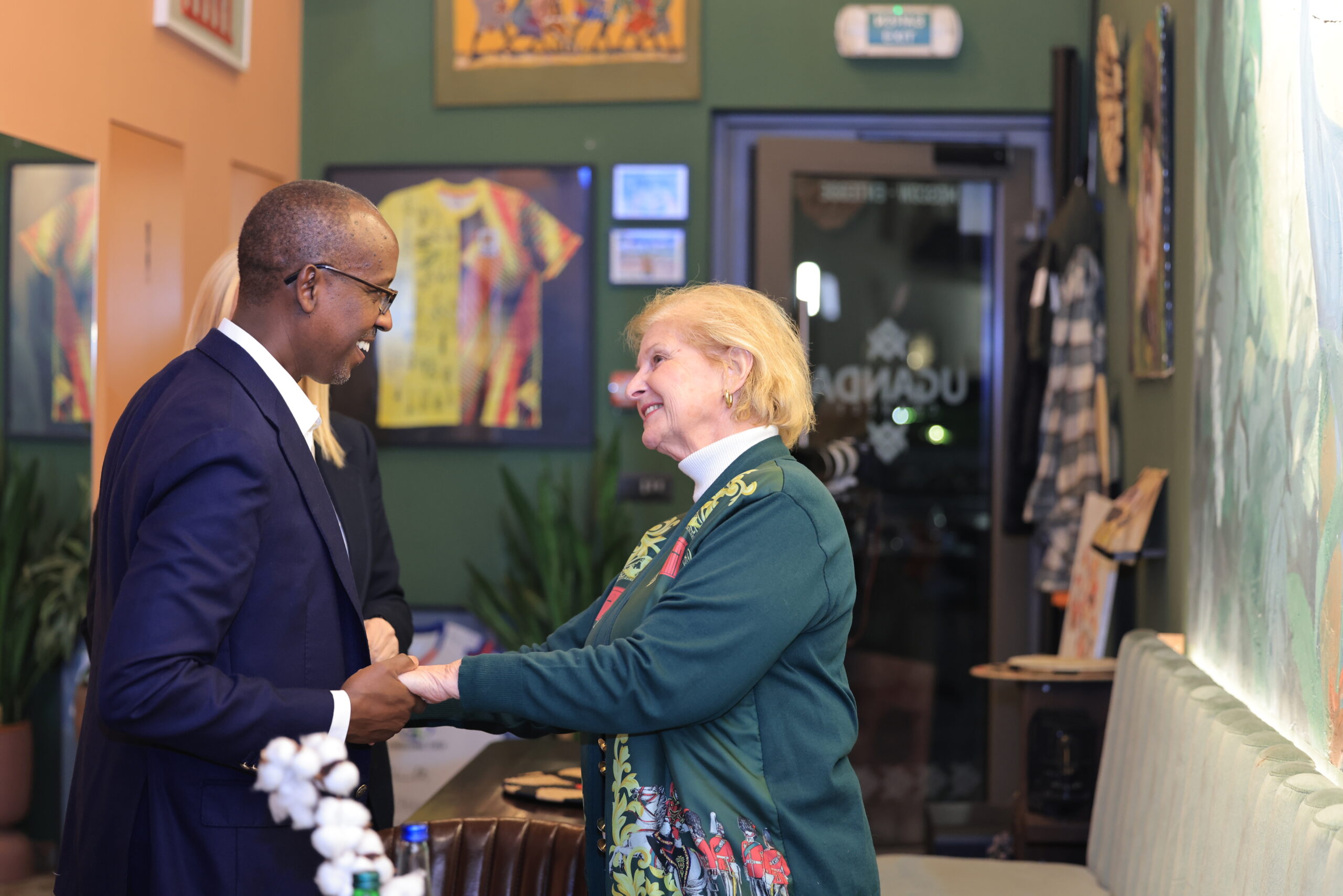 PACEID Chairman Odrek Rwabwogo greets Uganda’s Honorary Council to Greece Ms. Villy Alexandrakis during the dinner[/caption]
PACEID Chairman Odrek Rwabwogo greets Uganda’s Honorary Council to Greece Ms. Villy Alexandrakis during the dinner[/caption]
Odrek Rwabwogo, Chairman of the Presidential Advisory Committee on Exports and Industrial Development (PACEID) highlighted the significance of reviving the 1963 treaty noting that it is an economic breakthrough not just for Uganda but East Africa at large. “I am pleased that the work we have put in for the past two years is starting to bear fruits. One of the reasons I fell in love with Serbia is because of the shared values between the two countries.”
Dr. Paul Mwambu, Commissioner Crop Inspection at MAAIF explained that Serbia is strategic as it is a gateway to other European markets. “We are here in Belgrade, Serbia to get the fine details of what the market requirements are so that we can work with the value chain actors in Uganda to ensure that what we produce can better meet the markets in Belgrade and the entire Balkans. Our products like coffee and fruits and vegetables are doing very well since we opened the Uganda Connect hub in Belgrade last year. This kind of thinking is what we want to promote to make sure we understand the requirements of the markets then go backward and work with the value chain actors so that market access can be promoted with ease.”
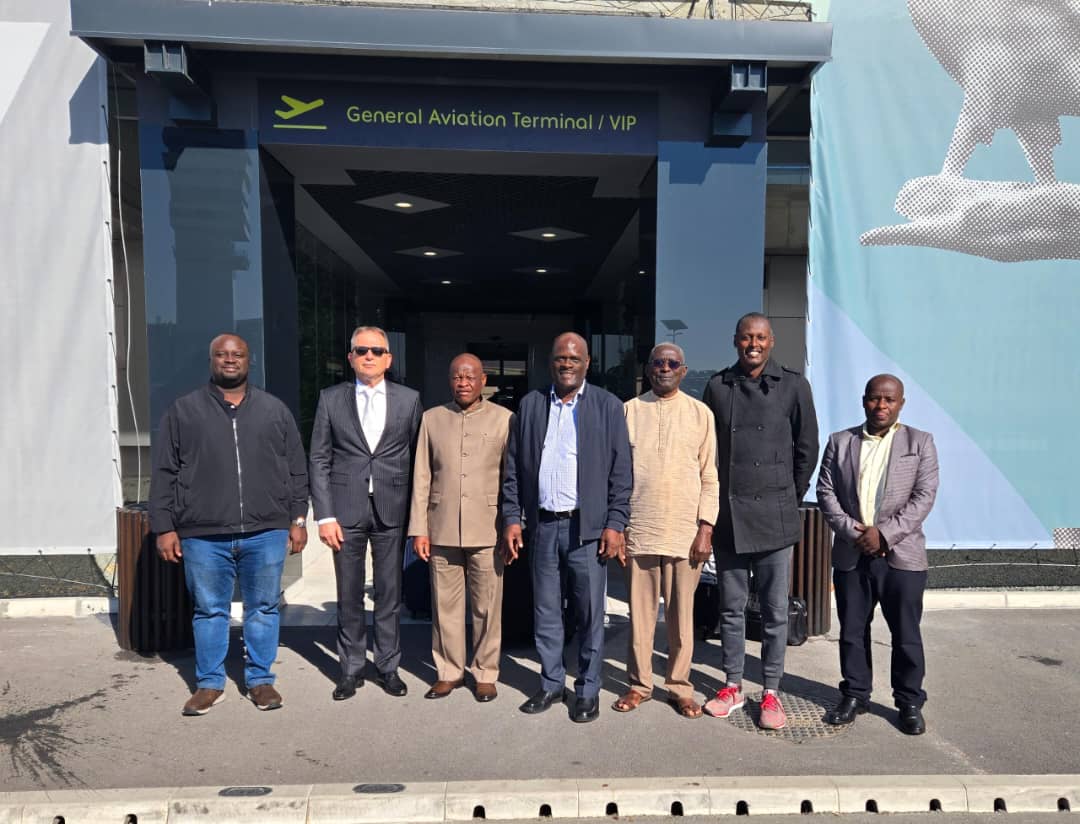
Commissioner for External Trade at the Ministry of Trade, Industry and Cooperatives Cleopas Ndorere said, “Way back as far as 1963, we signed a trade agreement with the then Yugoslavia which has since become Serbia, but a lot has happened since then. Uganda has since joined the World Trade Organization and other trade arrangements. So we will be looking at this trade agreement once again to do a surgery or upgrade to make sure it is still relevant to the trade situation in Uganda. We are happy with what we have seen so far. We look forward to improving our export volumes. We also intend to have a free zones hub at Entebbe where much of our coffee will be processed at a bigger scale which we will be bringing to Serbia which is at the center of western and oriental Europe. So, Serbia will be a trade hub to distribute to the rest of Europe and other surrounding countries.”
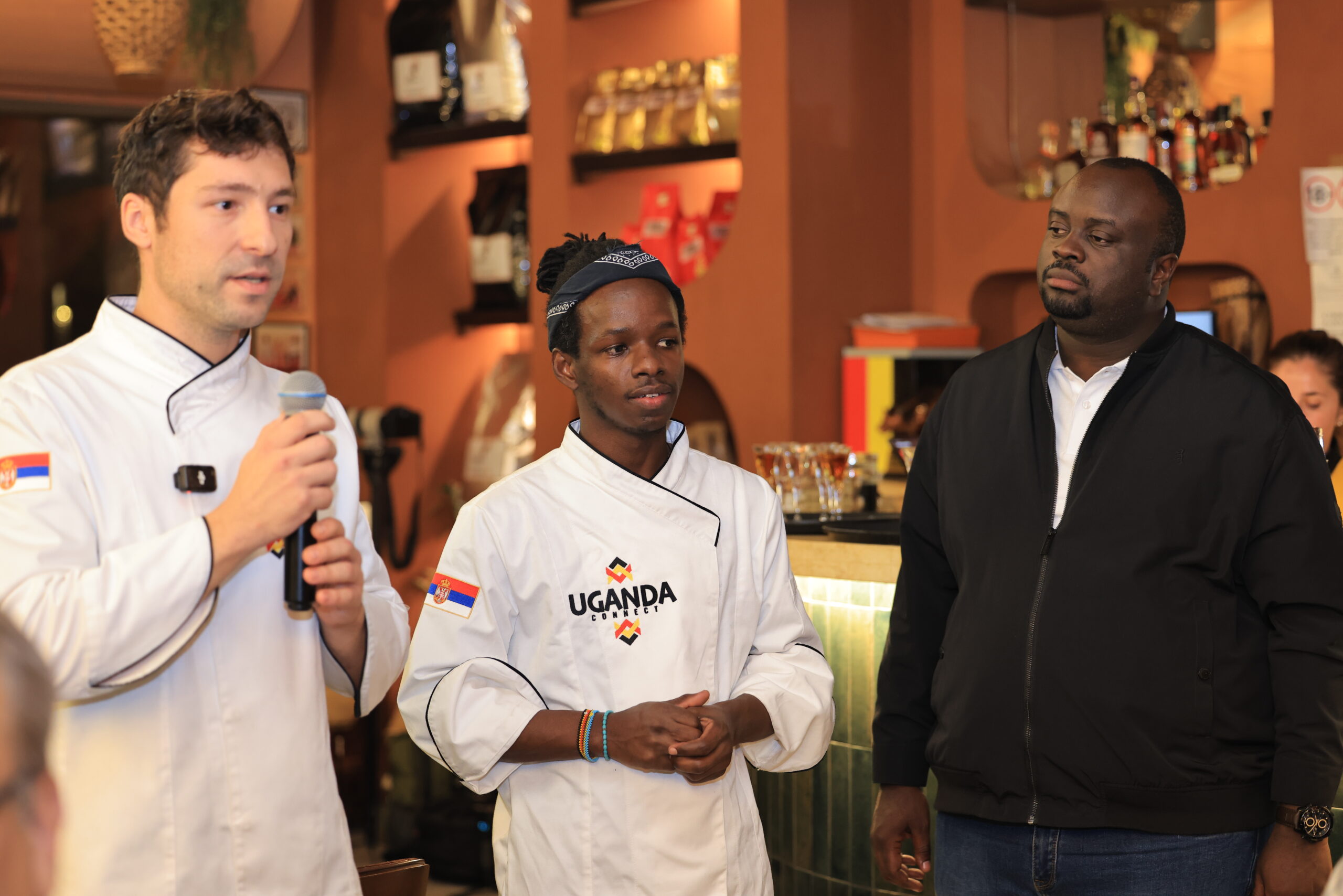
Also present at the dinner was Hon. Aleksander Adamovic, Serbia’s Deputy Minister for Standards and Quality, and Uganda’s Honorary Council to Greece, Ms. Villy Alexandrakis.
